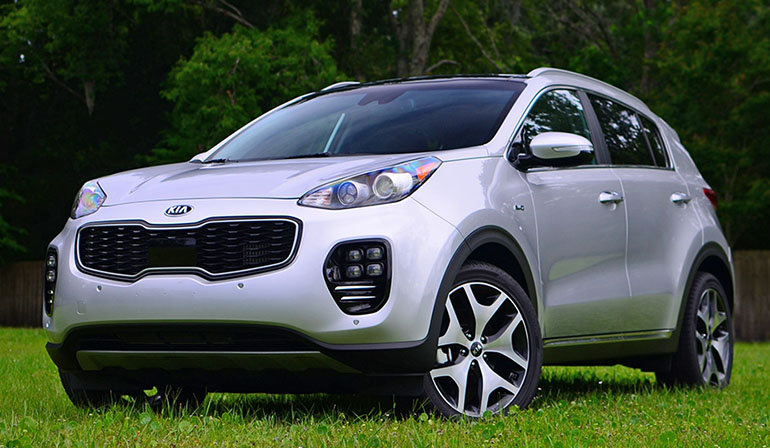
Hyundai and Kia have initiated a massive recall campaign, affecting a total of 3.37 million vehicles in the United States, citing concerns over a potential fire risk. The recall is prompted by the discovery of brake fluid leaks that could lead to electrical shorts, ultimately increasing the risk of engine fires. As a precautionary measure, both automakers have advised vehicle owners to park their cars outside and away from structures until the necessary repairs are completed.
Hyundai’s recall is linked to a worrisome track record, with reports of 21 fires and 21 other thermal incidents dating back to 2017 that are directly related to this recall issue. Kia, on the other hand, has reported at least 10 confirmed fires and cases of melting components tied to the same problem.
The scope of Kia’s recall encompasses a substantial 1.73 million vehicles, including models such as Borrego, Cadenza, Forte, Sportage, K900, Optima, Soul Rio, Sorento, and Rondo. This recall spans various model years ranging from 2010 through 2017, as disclosed in a filing with the National Highway Traffic Safety Administration. The core issue is centered on the Hydraulic Electronic Control Unit (HECU), which is susceptible to an electrical short due to brake fluid leaks. This vulnerability could lead to engine compartment fires, whether the vehicle is parked or in motion.
Hyundai, too, has issued a recall for 1.64 million vehicles, including Elantra, Genesis Coupe, Sonata Hybrid, Accent, Azera, Veloster, Santa Fe, Equus, Veracruz, Tucson, Tucson Fuel Cell, and Santa Fe Sport models spanning model years from 2011 through 2015. In Hyundai’s case, the concern revolves around the Anti-Lock Brake System (ABS) module, which may experience internal brake fluid leakage, causing an electrical short. Like Kia, Hyundai has emphasized the risk of engine compartment fires whether the vehicle is parked or in operation.
Both automakers have outlined their remediation plans, stating that dealers will replace the HECU and ABS fuses as necessary to rectify the issue. Owners of the affected vehicles are expected to receive official recall notifications in November, urging them to take their vehicles in for these essential repairs. This proactive approach to addressing safety concerns underscores the automakers’ commitment to ensuring the well-being of their customers and the general public on the road.

Lloyd Tobias is a seasoned automotive journalist and passionate enthusiast with over 15 years of experience immersed in the world of cars. Whether it’s exploring the latest advancements in automotive technology or keeping a close pulse on breaking industry news, Lloyd brings a sharp perspective and a deep appreciation for all things automotive. His writing blends technical insight with real-world enthusiasm, making his contributions both informative and engaging for readers who share his love for the drive. When he’s not behind the keyboard or under the hood, Lloyd enjoys test driving the newest models and staying ahead of the curve in an ever-evolving automotive landscape.